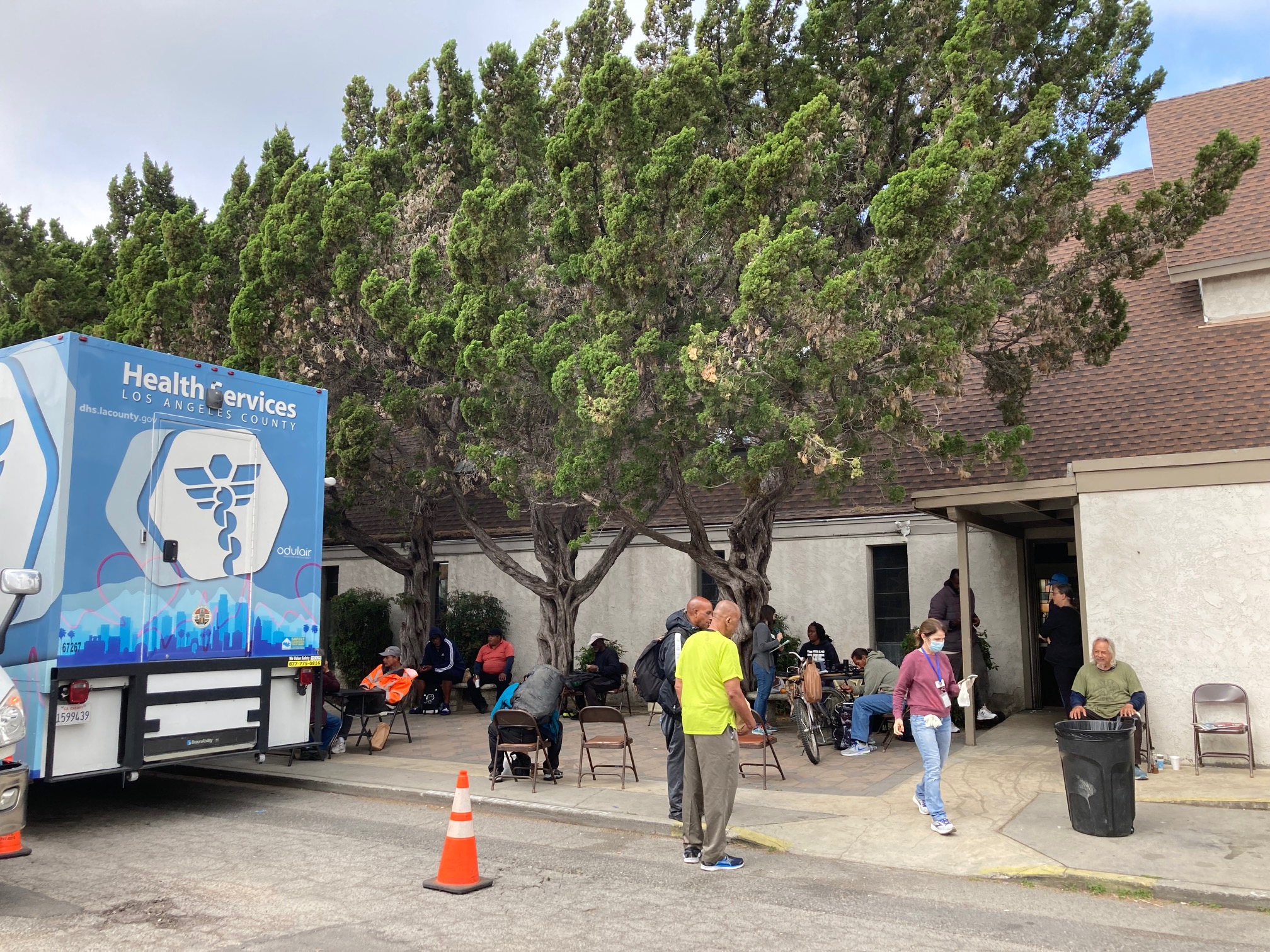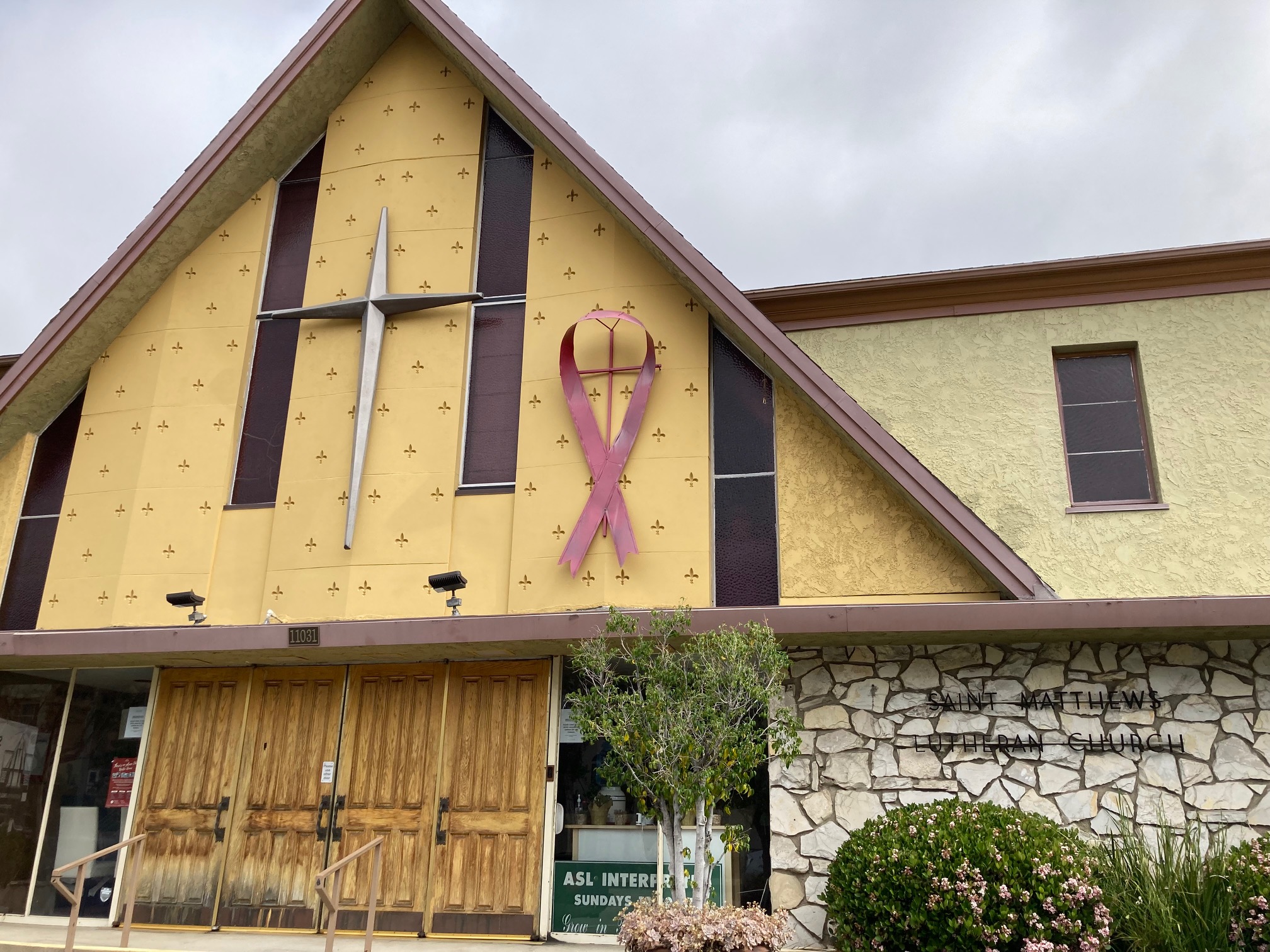
My name is Virginia and I recently graduated with my Master in Public Health in Community Health Sciences!
Two of my core classes in Community Health Sciences, CHS 211A and 211B are designed to teach CHS students how to develop, write, and evaluate health programs. In our last year, we must take a comprehensive exam where we create our own program based on what we learned from CHS 211A and CHS 211B.
And this is when the idea for Mamas Pueden! (Moms Can!) program was born.
For the exam, I was able to combine what I learned from my core classes and my passion for breastfeeding equity for the Latina community.
Exclusive breastfeeding (EBF) is defined by the Centers for Disease Control and Prevention (CDC) as “an infant feeding with breast milk only, without any additional food or drink.” The American Academy of Pediatrics and the World Health Organization recommend EBF for at least the first 6 months of life (EBF >6 mo) through the infant’s first year of life.
Nationally, the percentage of Latinas who exclusively breastfeed for at least 6 months (EBF >6 mo) is low compared to other U.S. mothers according to data from the CDC.
Two main reasons for low EBF >6 mo among Latinas are the conflicting EBF information and lack of resources/support.
Growing up, my mother and the other women in my family had similar struggles. My mother told me of her personal experience when she was trying to breastfeed my sister and me. She had little to no support, was working full-time, and did not know of any available resources to help her breastfeed. From so much stress of being an immigrant in a new country and working long and difficult hours, she was not able to breastfeed.
Unfortunately, even now I have friends who struggle to breastfeed and find resources or support in their breastfeeding journey.
“Nationally, the percentage of Latinas who exclusively breastfeed for at least 6 months (EBF >6 mo) is low compared to other U.S. mothers according to data from the CDC. Two main reasons for low EBF >6 mo among Latinas are the conflicting EBF information and lack of resources/support.”
This is extremely worrying as both the mother and the infant can face negative health consequences. The National Institute of Health reports that infants are at increased risk of illnesses such as childhood obesity, leukemia, and more. While, for mothers, there is an increase in ovarian cancer, type 2 diabetes, and more.
This is the next generation of mothers and children so we want to make sure that they get the best start to a long and healthy life.
Now as a finalist, I am honored for the opportunity to implement the program that I wrote for my community through the Health Equity Challenge. The goal of my finalized program is to promote and assist Latinas in Los Angeles County to exclusively breastfeed through peer support and hybrid bilingual health education classes. UCLA graduate students will serve as program coordinators, client support, and assistants in the program’s hybrid health education classes. These sessions will be available in English and Spanish to best address the language needs of the community.
With Mamas Pueden! I hope to encourage and assist Latinas of all ages in their exclusive breastfeeding journey, by providing them with peer support, health education, and resources. I am excited to see what the future will hold for this program!

By Virginia Reyes
2023 Health Equity Challenge Finalist
Virginia Reyes is a recent graduate of the Master of Public Health in Community Health Sciences program at the UCLA Fielding School of Public Health. Her interests are nutrition, food environments, maternal and child health, and equal access to health care and health insurance for underserved communities. Reyes is currently a UCLA Maternal and Child Health Training Fellow, Communications Chair for the Maternal and Child Health Student Interest Group (MCH SIG), and Public Health Coordinator for the UCLA Mobile Health Clinic Project.
continue reading
Related Posts
Hi, I’m Amani. I’m a third-year medical student at UCLA, a former high school science teacher, a published short story writer, and (hopefully 😊) a future neurosurgeon.
When I first saw Brea at the LA animal shelter, her white-gray checkered fur was overgrown and severely matted.
I find myself standing on a winding path, fraught with the fears and uncertainties that have long shadowed the dreams of my community.






